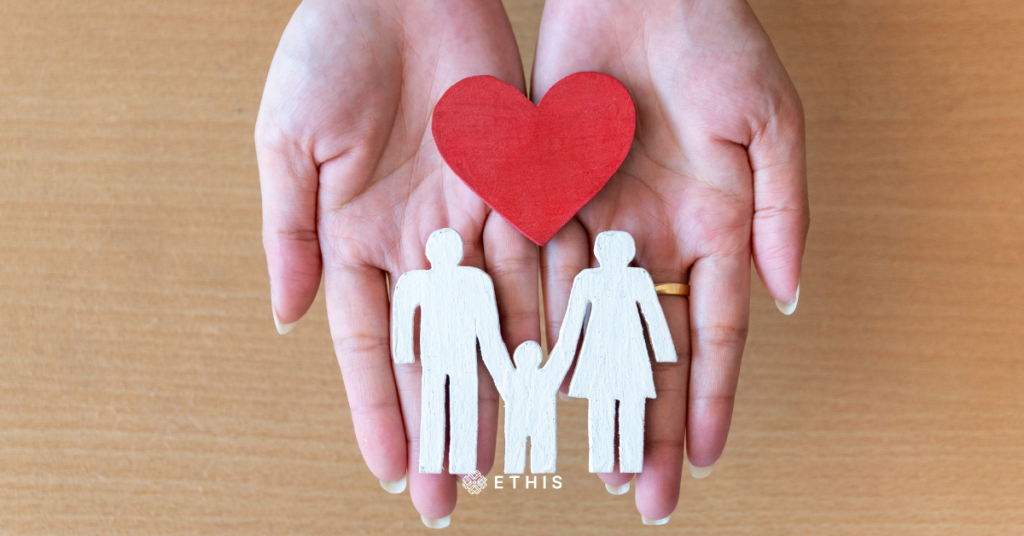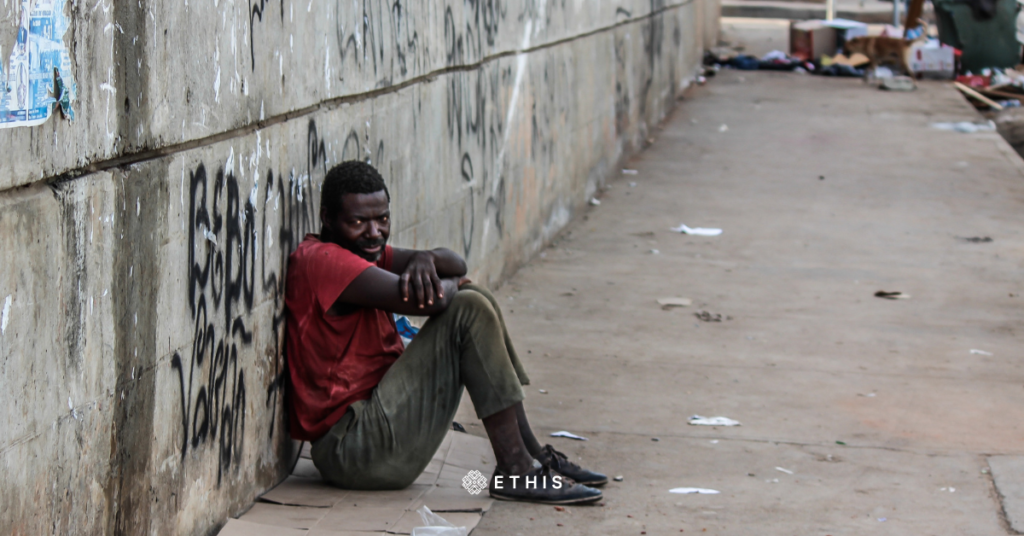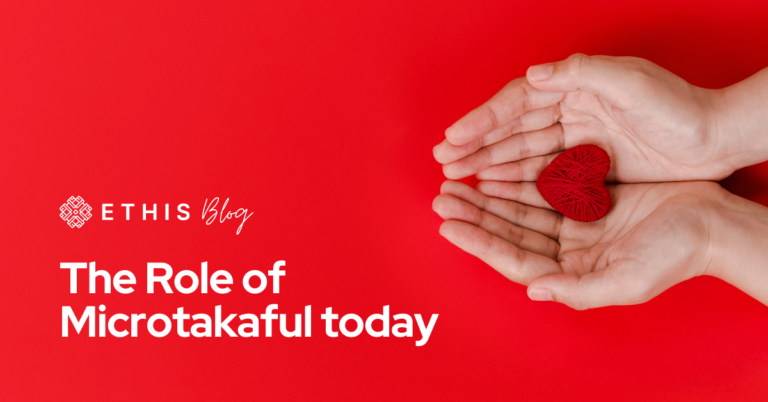
By Adnan Opeyemi Salaudeen – Takaful is derived from the Arabic word “kafala,” which signifies mutual guarantee. The term “micro” refers to something that is “fine” or “tiny”. Takaful combined with micro, or microtakaful, is thus defined as a takaful product explicitly designed to give financial protection to low-income households.
Microtakaful is a viable solution that enables the impoverished to possess a takaful policy. It is a Shariah-compliant protection plan designed exclusively for the unfortunate segments of the population, namely the poor, at a low price.
Thus microtakaful or Islamic microinsurance is a type of takaful product designed to respond to the financial needs of low-income households to cope with significant expenses or as a temporary or partial relief for financial difficulties happening. It is pretty similar to microinsurance but differs from takaful in terms of the product features, is simple and easy to understand, affordable for the target group and readily accessible.
Potential for microtakaful


Low-income and poor who represent the rural and urban poverty groups are the most neglected people in the insurance mainstream and are unprotected. Most poor people and those who are below the poverty line are exposed to various risks such as sickness, death or disability of the family breadwinner, natural disaster, climatic changes (drought), fire or theft of assets which represent the main source of income, loss of job, and many more.
Therefore, to achieve a fair and just society where all people, with no exception, have the rights, freedom, and capacity to access services and resources to enhance their wellbeing, the poor and other disadvantaged group should be given extra support to ensure such success.
Related: Waqf for Poverty Alleviation
Unlike takaful, micro takaful covers low-risk events and is developed to serve people at the bottom of the income and social pyramid. Microtakaful also has great potential to explore hidden markets, including a large low-income and lower-middle-income segment characteristic of most Muslim countries. In addition, the purpose of establishing micro takaful is to accomplish numerous objectives. It aims to relieve poverty and assist low-income groups in obtaining takaful security against financial risks and future life protection for their members.
Why is it important?


Essentially the same risks, for example, death, illness or injury, property loss, and natural disaster, as the poor are faced by the non-poor; however, the non-poor have access to formal insurance schemes and thus have a lower financial impact. However, the vast majority of people living in poverty have only limited or no access to basic financial services, such as insurance, and this is especially true for the elderly.
Moreover, because most poor people lack access to formal insurance schemes, they must manage risk with their own resources, often through the use of informal mechanisms such as selling assets, making out-of-pocket payments, or borrowing. As a result, the poor may become even more vulnerable to risks in the future.



According to several empirical studies such as those conducted by Swiss Re in 2010, insurance ownership rates are extremely low in countries where the majority of the population is Muslim. The absence of Shariah-compliant insurance products is cited as one of the primary reasons for this situation. As Islamic insurance, also known as takaful, becomes more widely available, it is possible that the demand for insurance in Muslim countries will increase as a result of its strict adherence to Islamic law.
Related: Role of Islamic Social Finance in Poverty Alleviation
Specifically designed to protect the poor, micro insurance is a type of insurance that has been developed to protect those who are generally excluded from public and private insurance schemes. When it comes to micro-insurance, it is the same as it is with traditional insurance: it’s a risk-sharing mechanism in which all members of the insurance scheme pay premiums, and a pool of premiums is then used to reimburse those members of the scheme who suffer losses as a result of risks such as natural disasters, illness, injuries, and death. It is important to note that the difference between microinsurance and traditional insurance is that microinsurance provides affordable and accessible insurance to the poor who would otherwise be unable to obtain coverage through traditional insurance which is not permissible in Islam.
Microtakaful as poverty alleviation


Microtakaful is one of the best options for the poor to cover their risk since it comes at an accessible and affordable price. Besides poor people, microtakaful for SMEs can fill the gap of microfinance regarding the need for collateral and provide adequate security to the SMEs against various risks. Microtakaful is also one of the tools for meeting the requirements of low-income people to provide cheaper protection to them. Microtakaful is one of the essential strategies for poverty reduction since microtakaful instruments safeguard the poorest and most vulnerable by empowering them to discover a path out of poverty and providing them with a realistic hope of becoming financially self-sufficient.
Microtakaful is a joint-guarantee initiative, whereby a group of participants agree among themselves to support one another jointly for the losses arising from specified risks, under the core principles of Tabarru’ (donation), Taawun (mutual assistance) and Prohibition of Riba (usury) and is one of the initiatives that can act to alleviate poverty in Muslim countries.
To increase the togetherness of the microtakaful and the policyholder there is a need to provide financial support or forbearance to policyholders such as in the term of premium payment grace periods. The microtakaful company may provide policyholders with various types of flexible premium payment arrangement. The microtakaful company can further increase its role by extending the terms of their policies in response to policyholders’ difficulties in renewing their policies. It can also provide premium refunds or discounts in lines of business where there has been a material decline in claims.
In countries like Indonesia, Lebanon, Sri Lanka, and Bangladesh, microtakaful has been successfully introduced while in Malaysia, numerous takaful schemes have been implemented to assist low-income individuals including MySalam, Prisma Etiqa and Tenang Protection.





Top Posts
Islamic P2P Crowdfunding Explained
Halal Money Matters: How Muslims Can Balance Deen and Dunya with Smart Islamic Finance
Halal Investments for Singapore Muslims? It’s time for a shake-up in the Islamic Investments scene.
Smart investment for making Halal money
3 Reasons Why Property Crowdfunding is the Smart Investment for You